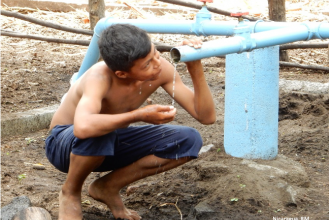Government officials trained on Environmental Valuation
Over 40 trainees including representatives from Uganda line Ministries, Departments and Agencies including the Ministry of Lands and Housing, the Ministry of Water and Environment, the National Forest…



